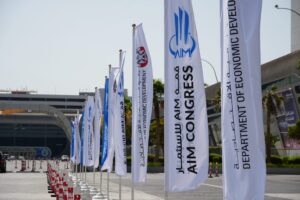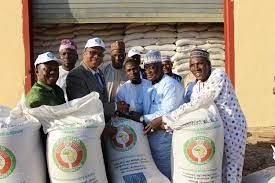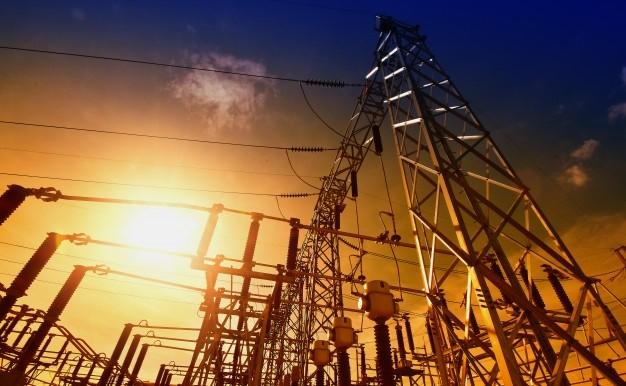Trending
- Mining diplomacy: Will the US exploit DRC’s critical minerals?
- Zoned for impact: How a cross-border Special Economic Zone is powering Africa’s green switch
- AIM Congress 2025: UAE’s tolerance conference aims to fix a fractured world
- AfDB’s $10Bn lifeline: Can smallholder farmers finally escape poverty?
- Juba on edge: Is South Sudan the next failed state?
- Kakuzi PLC slips into the red after Red Sea crisis, forex losses
- Tanzania’s Prof Janabi in the race for WHO Africa leadership
- Who will rule Africa’s web as Google takes on Musk’s Starlink









